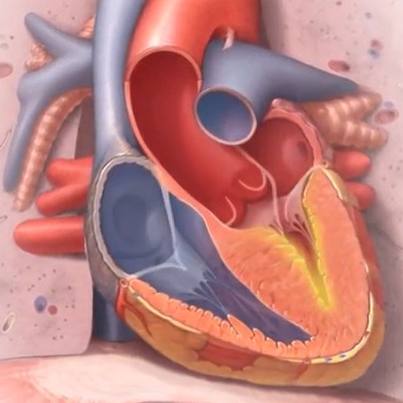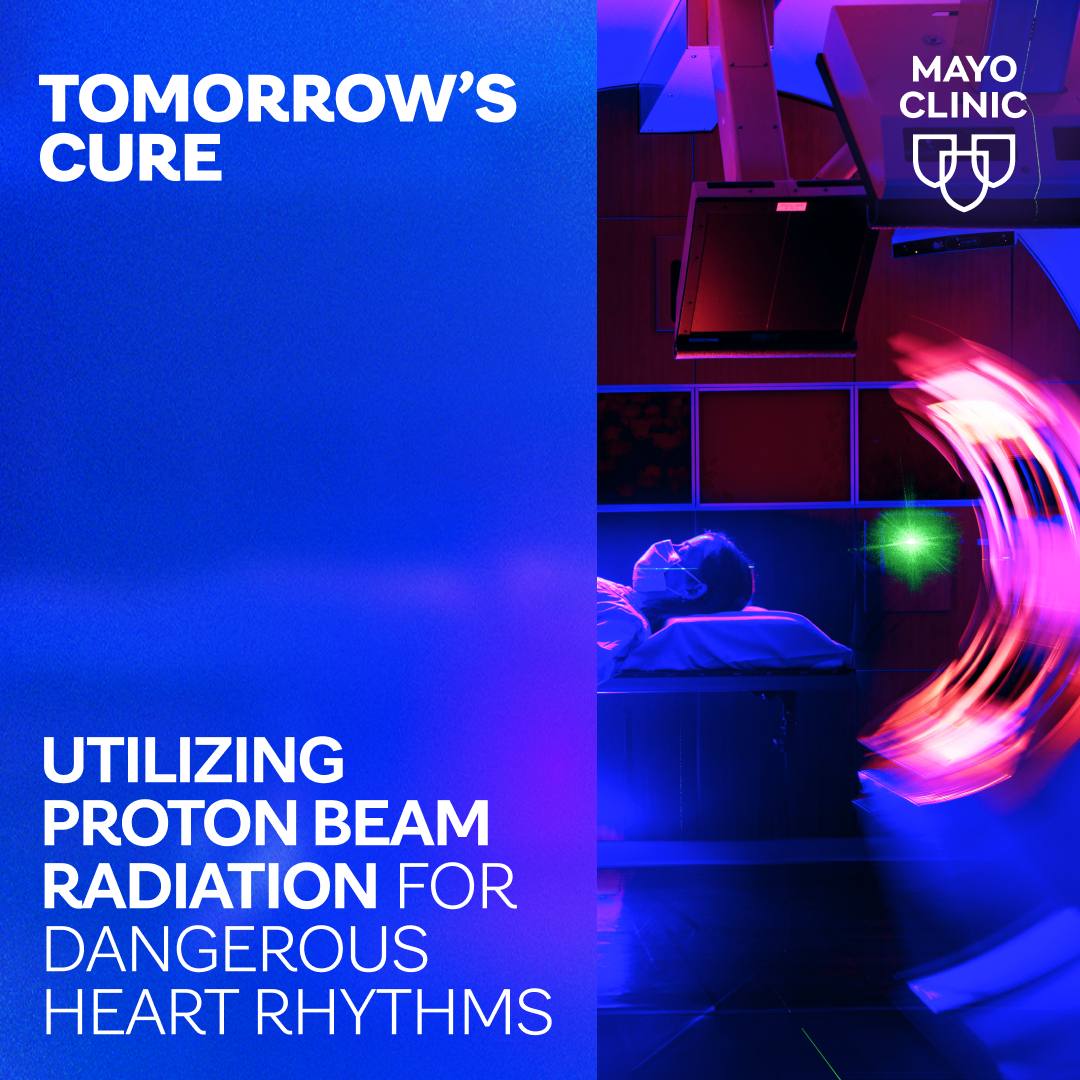
ROCHESTER, Minn. — Could an unhealthy diet and lack of exercise be making you age faster? Researchers at Mayo Clinic believe there is a link between these modifiable lifestyle factors and the biological processes of aging. In a recent study, researchers demonstrated that a poor diet and lack of exercise accelerated the onset of cellular senescence and, in turn, age-related conditions in mice. Results appear today in Diabetes.
Senescent cells are cells that contribute to diseases and conditions associated with age. Researchers from the Mayo Clinic Robert and Arlene Kogod Center on Aging found that exercise prevents premature senescent cell accumulation and protects against the damaging effects of an unhealthy diet, including deficiencies in physical, heart, and metabolic function, equivalent to diabetes.
“We think at both a biological level and a clinical level, poor nutrition choices and inactive lifestyles do accelerate aging,” says Nathan LeBrasseur, Ph.D., director of the Center on Aging’s Healthy and Independent Living Program and senior author of the study. “So now we’ve shown this in very fine detail at a cellular level, and we can see it clinically. And people need to remember that even though you don’t have the diagnosis of diabetes or the diagnosis of cardiovascular disease or the diagnosis of Alzheimer’s disease today when you’re in midlife, the biology underlying those processes is hard at work.”
In the study, researchers introduced mice to either a normal, healthy diet or a diet that they termed a “fast food diet” – one that was high in saturated fat and cholesterol, along with a sugar-sweetened beverage. Mice on the fast food diet showed harmful changes in health parameters, including body weight and composition, increasing their fat mass by nearly 300 percent over the course of about four months. The fat mass accumulated largely in the midsection surrounding internal organs, an area that is often linked to a number of diseases related to obesity.
MEDIA CONTACT:
Megan Forliti, Mayo Clinic Public Affairs, 507-284-5005, email: newsbureau@mayo.edu
While the harmful effects of the fast food diet were clear, researchers found significant health improvements after introducing exercise. Half the mice, including mice on both the healthy and unhealthy diets, were given exercise wheels. Mice that had been exposed to the fast food diet but exercised showed suppression in body weight gain and fat mass accumulation, and were protected against the accumulation of senescent cells. Mice on a normal diet benefited from exercise as well.
“Some of us believe that aging is just something that happens to all of us and it’s just a predestined fate, and by the time I turn 65 or 70 or 80, I will have Alzheimer’s disease and cardiovascular disease and osteoporosis,” says Dr. LeBrasseur. “And this clearly shows the importance of modifiable factors so healthy diet, and even more so, just the importance of regular physical activity. So that doesn’t mean that we need to be marathon runners, but we need to find ways to increase our habitual activity levels to stay healthy and prevent processes that drive aging and aging-related diseases.”
The research was supported by the Paul F. Glenn Foundation for Medical Research, the National Institutes of Health, the Pritzker Foundation, and Robert and Arlene Kogod.
Others on the research team include: Marissa Schafer, Ph.D.; Thomas White, Ph.D.; Glenda Evans; Jason Tonne; Grace Verzosa, M.D.; Michael Stout, Ph.D.; Daniel Mazula; Allyson Palmer; Darren Baker, Ph.D.; Michael Jensen, M.D.; Michael Torbenson, M.D.; Jordan Miller, Ph.D.; Yasuhiro Ikeda, Ph.D.; Tamar Tchkonia. Ph.D.; Jan van Deursen, Ph.D.; James Kirkland, M.D., Ph.D., all of Mayo Clinic.
Mayo Clinic and Dr. Tchkonia, Palmer, Dr. Kirkland and Dr. LeBrasseur have a financial interest related to this research referenced in this news release.
###
About Mayo Clinic
Mayo Clinic is a nonprofit organization committed to medical research and education, and providing expert, whole-person care to everyone who needs healing. For more information, visit http://www.mayoclinic.org/about-mayo-clinic or https://newsnetwork.mayoclinic.org/.







